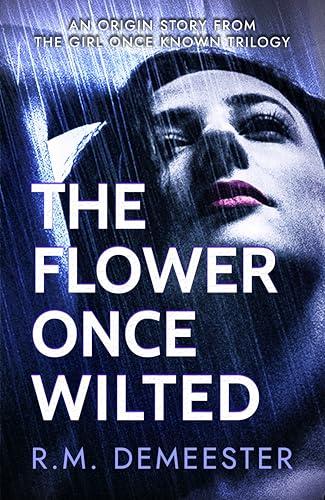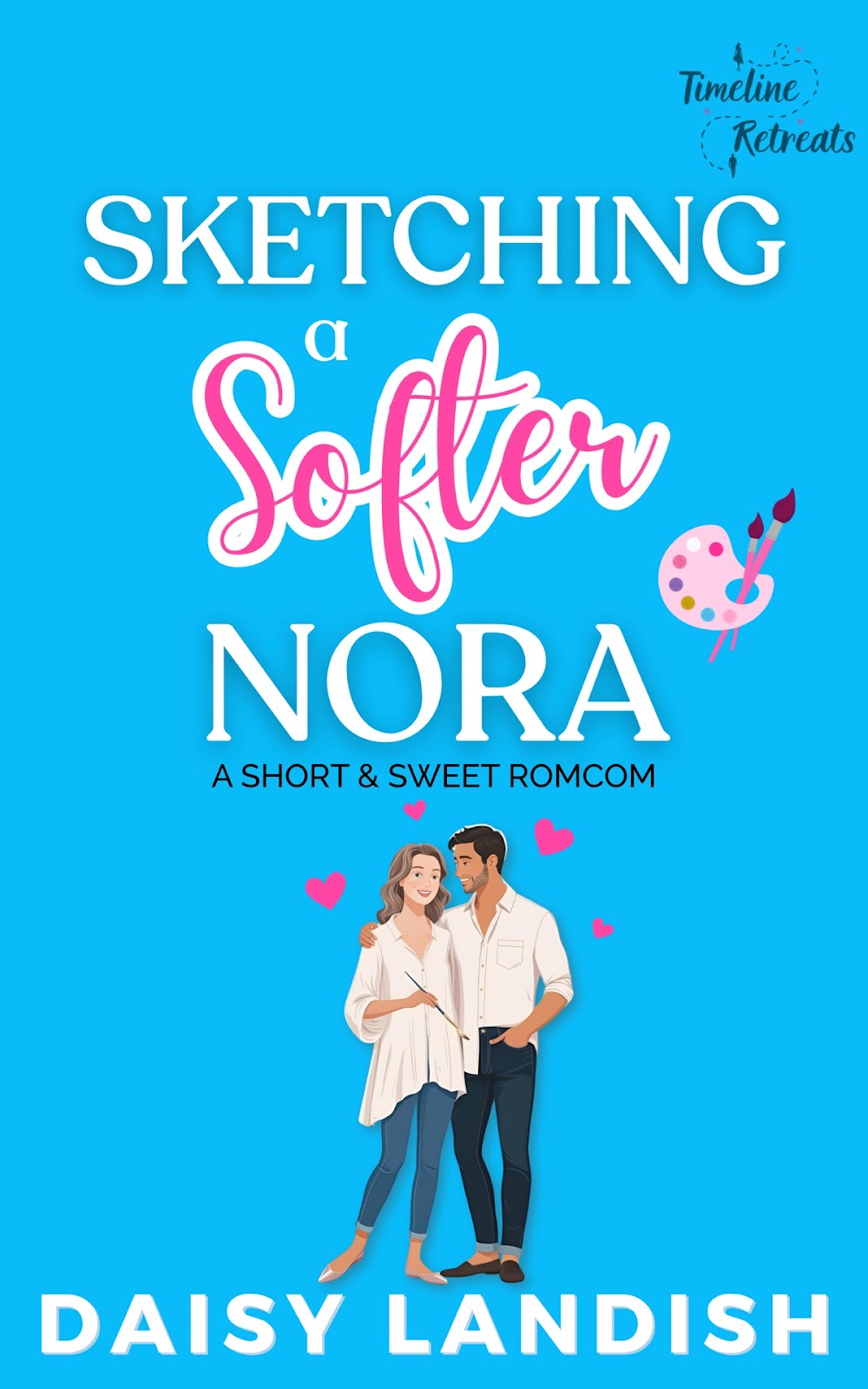Date Published: September 16, 2020
Publisher: MindStir Media
Lines in the Sand: An American Soldier's Personal Journey in Iraq
For F. Scott Service, a five-minute phone call one peaceful morning was all it took. Faced with the terrible dichotomy of his moral opposition to war and an innate sense of duty, little did he realize that when he was called for deployment in Iraq that his would be the journey of a lifetime. A tour of duty destined to change him forever.
Witnessing the violence of a country ravaged by chaos and facing the disintegration of his life back home, his sojourn in Iraq forced him to fight a new battle, a battle within himself. What had once been a noble intention became a desperate struggle to salvage what was left of his humanity, an excursion into the darkest recesses of the human mind that ultimately led him to question everything he had come to believe.
Pushed to the edge, only then would he discover what lay within.
An artfully lyrical epistolary composition and transcribed from his handwritten journals, Lines in the Sand is a powerful exercise in self-exploration amid heart-wrenching loss and anguish.
Editorial Reviews
"Impeccably written, relentlessly engaging, so intimate it hurts, Service's extraordinary tale is where the reader wants and needs to be." - Readers' Favorite
"F. Scott Service is a gifted writer. His words are eloquent, with powerful expressions. A remarkable story of tragedy to triumph." - Readers' Favorite
"This book is one that is incredibly hard to put down, and readers may, in fact, find themselves obsessively reading the story from the start through to the finish, all in one sitting. I highly recommend this book and this author." - Readers' Favorite
"... eloquent and beautifully moving... " - Pacific Book Review
What was the hardest scene from your book to write?
Being a broad scope memoir, Playing Soldier, explores and grapples with a lot of intimate and painful events that span my life. One might readily guess that those would naturally be the hardest aspects to write about. I mean, really? It’s not easy to honestly stare yourself down in the mirror with an attempt to make sense of the decisions you’ve made, what your motivations were stemming from, and who you’ve evolved into as a result of incidents, both distressing and pleasant, which reach far into what makes you as a person. Let alone put that on paper in a compelling, articulate way for anyone to read about. But ironically, that wasn’t the case.
While honestly exploring your inner mind, your heart, and how you’ve evolved over time is critical to a good memoir, and challenging, it was the actual logistics of writing the chapter, which is really just one long scene, pertaining to my experience in basic training that felt the most difficult. It was two-fold. On the one hand, it was immediately apparent that I could write an entire book detailing those nine weeks. But it’s only one chapter. So, I spent a lot of time agonizing over which occasions would be the most prudent to include, those being the ones portraying basic training with the Army as accurate and dramatic. A lot was reluctantly cut to whittle it down to a manageable size.
But the real dilemma was which ones would clearly show my transformation from civilian to soldier, while still making the point that I wasn’t aware of the gravity of what I was doing. There had to be a certain childlike element to it even though I was an adult at the time. A distinct ingredient of imagination, the fantasy of being a soldier, that of course would evaporate when I became, what I call a real soldier, while serving in Iraq. It was a lot to handle in a concise, yet vivid and cogent way.
Why did you choose to write in your particular field or genre?
Well, it seemed natural at the time. When deploying for Iraq, I decided to chronicle it, so I bought a stack of blank journals from Barnes & Noble before I left the states and toted them around with me everywhere I went, slowly filling them, day to day. When I came back, they were tattered… and filled with my scribbles, my doodles, stuffed with newspaper clippings from Stars and Stripes, cards and memorabilia I had collected. It took me… a good five or six years to open them again. The pain of Iraq felt too great. But when I did, mostly out of a sense of curiosity, a weird desire to reacquaint myself with that person overseas whom I had desperately tried to forget, at that point, I realized I had a solid story in them. I also realized I wanted to tell it. What resulted is Lines in the Sand: An American Soldier’s Personal Journey in Iraq, my first memoir. I still have those journals. They’re in a box in the basement.
If you write in more than one genre, how do you balance them?
I inherited my mother’s love of supernatural horror, so while I still love and want to write nonfiction, I’ve been exploring… and enjoying… writing my first horror novel. Who doesn’t like a good ghost story? I guess for me, there is a blurry line between fiction and nonfiction. Memory is subjective and can change over time as we evolve and develop different perspectives. That essentially means we’re reinventing the narrative of our lives all the time. And in fiction, everything you create, the characters, the scenes, the plotline, is coming from your own mind. It’s inevitable you will inject aspects of your personality, your viewpoints, beliefs, into what you write.
So, is there a question of balance? Perhaps not, although I will say that getting into the frame of mind to do all sorts of nasty things to characters I would never dream of doing in real life is an interesting experience. Writing fiction is a good escape from the realities of life, of writing nonfiction, however much we try to make it realistic. So I guess, in the end, I would say that I balance the two with some days craving a desire to disappear into fantasy rather than examining my own life.
What did you enjoy most about writing this book?
That’s an interesting question. Turns out, there are a couple of things I enjoyed. First, when I had finished transcribing and revising Lines in the Sand, I discovered I had quite a tome on my hands. A good 900 or so pages. Practically speaking, in the publishing world, that wouldn’t fly. The cost to produce such a book for a little known author like me made it inviable, so I began the heartbreaking process of what’s known as “killing your darlings.” In the end, it all worked out and I’m happy with Lines in the Sand, but when I began writing Playing Soldier I made up my mind to bring some of that material back. It was immensely gratifying because even though Playing Soldier doesn’t focus solely on the war, the two books together bring my Iraq experience to a satisfactory fruition. There is more I could bring back from the cuttings of Lines, perhaps in a third book, but for now, I’m content with these two books as the odyssey I had originally intended to tell.
But it was also a helluva lot of fun to write Playing Soldier because I gave myself the opportunity to delve into a greater range of my life instead of focusing entirely on the war and it allowed me the opportunity to stretch my writing. I had a chance to develop my style and reach in new directions. I grew as an author and became more comfortable with how I want my voice to be read on the page. Is there room to grow? Of course. But feeling my writing mature is a real kick for a language geek like me. That’s the beauty of it all and it’s fuel for my love of what I do
What book that you have read has most influenced your life?
I’m not really sure how to answer that. There are so many. I’ve been reading all my life. From The Good Earth by Pearl S. Buck to Baron Wormser’s Tom o’Vietnam to Marlo Morgan’s Mutant Message Down Under to Ed Abbey’s The Monkey Wrench Gang to Maya Angelou’s I Know Why The Caged Bird Sings. Should I go on?
Every book I’ve read has influenced me in their own unique ways. But if I really had to give an answer to that, it would be a series of comics, The Adventures of Tintin by Hergé. As an adult, I’m aware they’ve drawn some criticism and controversy, but as a child, when I was reading them, I wasn’t aware of, or concerned with that. They were simply magic. They brought to life my sense of adventure and imagination, fueled my desire to create stories. They really were the impetus for the road I’ve traveled in my life.
Tell us a little about yourself? Perhaps something not many people know?
I’m a huge fan of the old black and white films from the 30s and 40s. I get it from my father who was a movie theater projectionist for part of his life. He introduced me to Humphrey Bogart, Lauren Bacall, James Cagney, Jimmy Stewart, Ingrid Bergman, Cary Grant, Bette Davis, Lana Turner, Ray Milland, Gregory Peck, a whole host of others. I also have an extensive collection of Alfred Hitchcock films. I’m sure I’m not alone in saying this, but Psycho is eternal.
Can you tell us something about your book that is not in the summary?
I can. One of the most difficult memories from the war I’ve had to do my best reconciling with is the death of a friend of mine. I say “do my best” deliberately because even though I chronicled it in my journals, facing the emotional consequences of not just his death, but my actions surrounding it has been something I’ve never wanted to face, let alone write about.
For a long time, I shoved that memory down as far as I could and I’m not even sure to this day how to feel completely at peace with it. Eventually though, one night, it lurched to the surface of my mind. I wrote about that in the chapter titled, Nadir.
About the Author
I live in New England with a talented social worker (who also happens to be my EIC) and Jerome... a trouble maker unless he's purring for an evening snack.
Having earned a Bachelor of Science in Professional/Technical Communication and a Master of Fine Arts in Creative Writing, I have had experience with editing, journalism, desktop publishing, videography, and am a full-time author.
I enjoy gardening and cooking with an emphasis on ethnic foods including Indian, Thai, Russian, Czechoslovakian, Hungarian, Chinese, Spanish, Middle Eastern (especially Algerian, Iraqi, and Egyptian), Mexican, and Italian. My next venture in culinary delight will be with Caribbean food.
Being an avid explorer, I've spent time in all but two states in America and am always on the lookout for someplace new (I just never thought it would be Iraq and Kuwait as my first international travel destinations). On my list of new places are Pitcairn Island, Easter Island, Stonehenge, Leap Castle in Ireland, the Hobbit village in New Zealand, Hunyad Castle in Romania, and the Mayan ruins in the Yucatan Peninsula.
Other interests of mine include horror literature and memoir, a long-standing fascination with UFO, paranormal, and occult phenomena as well as playing guitar, backpacking, and bike riding
Contact Links
Purchase Link









%20by%20Willow%20Thorne.jpg)
































0 comments:
Post a Comment